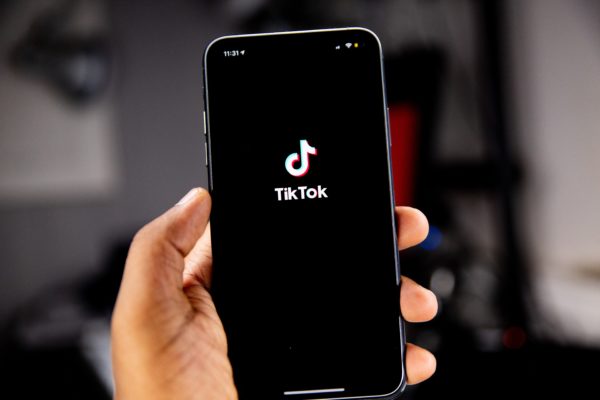An Adventure Into Tik Tok’s Fake Disorders

https://www.yourcoffeebreak.co.uk/
“Many people turn to social media for health-related information, but despite how common this is amongst young adults, the significant downside is that self-diagnosis can be extremely hazardous and potentially threatening to your health.” said Dr Catherine Carney, Psychiatrist in an article on yourcoffeebreak.co.uk/
May 24, 2022
The internet is a vast bowl of easy to access misinformation. To add onto it, it’s a lot easier for the younger people to access misinformation easily with the rising popularity of Tik Tok and quick, easy to consume content. Even if it isn’t misinformation specifically, any kind of oversimplified info or blatantly false info is so much easier to get to, leading to young impressionable children using this info to make “self-diagnoses” to claim that they have a mental disorder.
Tik Tok is a great way to consume info and entertainment, which is, in and of itself, a problem. Young teens and children can easily stumble over a TikTok talking about an easy to understand, simplified rundown on symptoms for a mental disorder. Why’s this a problem? Many of these Tik Toks are oversimplified and overgeneralized, so much so that even people without a disorder can relate to a multitude of these symptoms, which can lead some naive souls to diagnose themselves and claim that they actually have some kind of disorder.
“The dawn of the internet has made it a quick and easy process to get all kinds of information in a flash. This has sadly been used to the advantage of many a faker who needs to have a basic ‘understanding’ of what they’re faking to thus gain the instant sympathy, companionship and revery of others”, says an article from Her Campus.
Whether it’s for likes and sympathy, at the end of the day, it’s to garner attention to themselves by appearing “quirky” and “different”, aestheticizing and glamourising all sorts of disorders, dressing them up as cute, funny personality traits.
This faking of mental disorders eventually lead to many being called out on their blatantly fake and bogus act. However, while this does mean that people are taking action and recognizing that many are faking, what about those that aren’t? They’re caught in the crosshairs as well and could lead to people claiming that legitimately diagnosed persons are also faking their disorder. It defeats the purpose of what many fakers claim as “awareness”, forcing those with disorders to hide and defend themselves even more.
This trend of faking mental disorders does more harm than good, if it does any good at all. “The excessive glamourisation of these disorders and illnesses is harmful to these communities and further increases misconceptions, misinformation and stigma around them. The overwhelming influx of fakers also drowns out the voices of people who genuinely have been diagnosed with these disorders and want to speak their truth on it.”, as stated from the previous article from Her Campus.
A video on this topic by Youtuber uncle herman sums up the whole debacle very well. As stated in the video, many normal everyday viewers may come across these Tik Toks and take whatever is in it and apply it to themselves since many times, these Tik Toks feel relatable to them. Whether it’s tourettes, DID, ADHD, autism, or something else, many times these strangely simplified symptoms can lead to a horrid misunderstanding of the actual problem that actually comes with the actual disorders.
It’s not cute, it’s not aesthetic, it’s not your new personality trait, it’s not quirky, it’s not fun. Regardless of reason, it’s problematic and detrimental to those who actually have these disorders and also everyday viewers who might not understand that they’re being fed a lie made for attention.